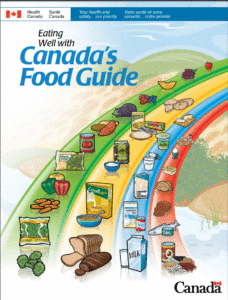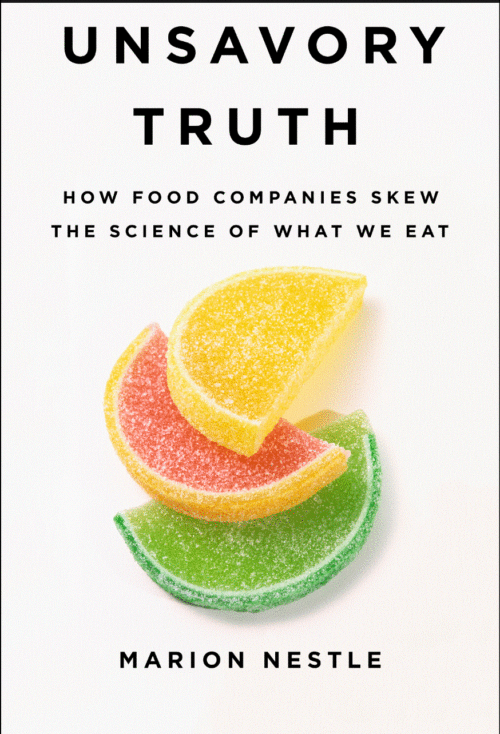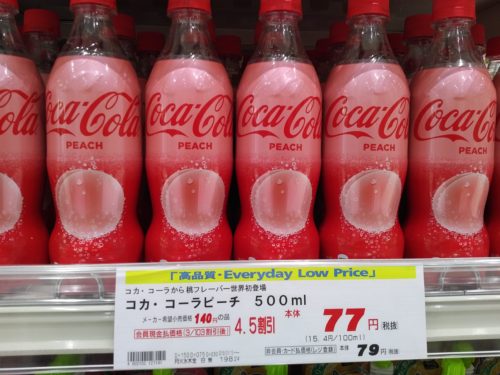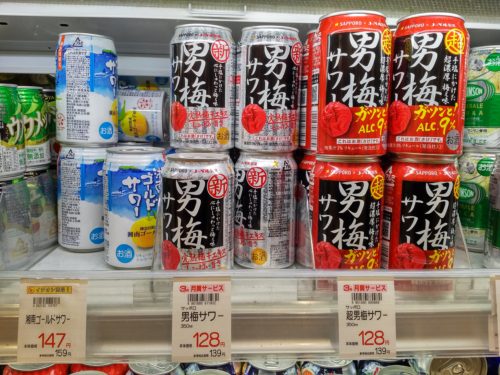Food safety Europe: a roundup
The British newsletter, FoodManufacture.co.uk, also does special editions, collections of articles on specific topics, this one on food safety (you too can subscribe to this, here).
This is an easy way to keep up with current events related to food products.
Special Edition: Food Safety Newsletter
Welcome to the latest Food Safety Newsletter from the Food Manufacture Group. This month’s round-up leads with positive talks between Food Standards Scotland and the country’s meat industry following several cases of enforcement action. The newsletter also looks at the Food Standards Agency’s attempts to overhaul regulation, an Ikea confectionery recall and mutant rats.
- Scottish meat industry in ‘constructive’ talks with enforcement agency: A meeting between representatives of the Scottish meat industry and Food Standards Scotland (FSS) has been hailed as “constructive” by parties from both sides… Read
- Research body lays out food safety challenges: Anti-microbial resistance and the role of gut microbes in diet have been identified as two of the leading challenges faced by the food industry following a consultation by Campden BRI… Read
- FSA claims majority of meat plants are compliant: The Food Standards Agency (FSA) has said that the majority of meat plants have had no major breaches of food and hygiene standards… Read
- Food standards boss pledges to overhaul regulation: Despite Brexit, Food Standards Agency boss Heather Hancock is determined to press on with an overhaul of food safety regulation… Read
- Ikea recalls candy due to mice infestation: Ikea, the furniture retailer, is recalling its Godis Paskkyckling marshmallow candy due to the discovery of a possible mice infestation at a production unit… Read
- FSA praises ‘strong intelligence’ that led to meat recall action: The recent unannounced inspections of meat businesses conducted by the Food Standards Agency (FSA) and Food Standards Scotland (FSS) came from “welcome intelligence” received following the Russell Hume recall situation… Read
- Food manufacturers warned over poison-resistant rats: Food manufacturers face a new generation of mutant rats resistant to conventional poison, according to the British Pest Control Association (BPCA)… Read
- More investment needed in food safety research: More public investment is needed in food safety research, all 28 EU Member States, along with Iceland and Norway, have agreed… Read









